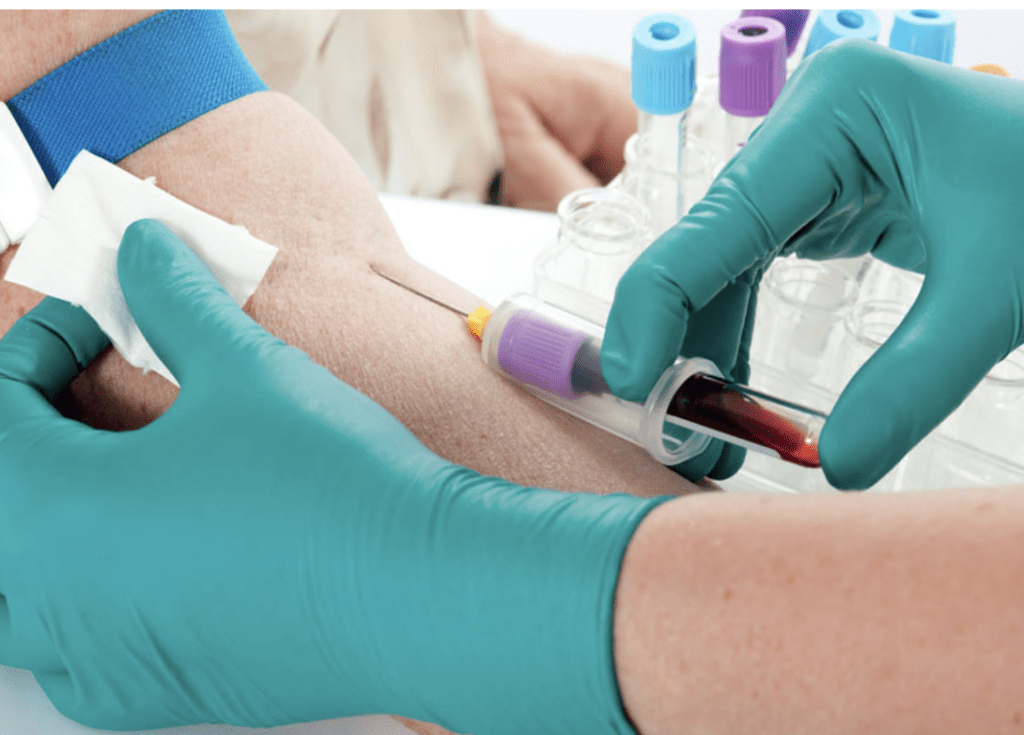We’ve all been there, feeling bloated and uncomfortable and wondering, “Why am I so gassy?” While it’s completely normal to experience some gas, excessive gas might signal that something deeper is going on with your digestion.
The average person passes gas (through burping or farting) 13 to 21 times a day, but when it becomes uncomfortable, frequent, or smelly, it’s time to investigate. So, what’s causing all this gas, and how can you fix it?
What is Gas and Where Does It Come From?
Simply put, intestinal gas is air trapped in your digestive tract. Some of it comes from swallowing air when you eat or drink, while the rest is produced when bacteria in your large intestine break down undigested food. Other gases like hydrogen sulfide can sometimes be added to the mix depending on what you’ve eaten, causing that unpleasant odor.
How Much Gas is Normal?
When it comes to gas, “normal” varies from person to person, but certain signs can indicate that excessive gas isn’t just a quirk of digestion but a sign of an underlying issue.
What’s not normal?
- Feeling discomfort in your abdomen
- Bloating so severe it makes you look “pregnant”
- Consistently smelly gas
- Changes in bowel habits like constipation or frequent loose stools
Common Causes of Excess Gas
Here are some of the most common conditions that could be increasing gas production in your body:
1. Dysbiosis
Dysbiosis refers to an imbalance in the gut microbiome. This imbalance occurs when there are more harmful microbes than beneficial ones, often triggered by factors like medications, antibiotics, alcohol, or a poor diet. When your gut bacteria is out of balance, it can lead to excessive gas and bloating.
2. SIBO (Small Intestinal Bacterial Overgrowth)
SIBO occurs when there are too many bacteria in the small intestine. These bacteria ferment undigested food, producing large amounts of gas. SIBO can cause noticeable bloating and discomfort, as the intestines literally become filled with gas.
3. Yeast Overgrowth
Yeast is a normal part of a healthy gut, but when it grows unchecked due to imbalances in gut bacteria, it can cause excessive gas and bloating. A diet high in sugar and carbohydrates, antibiotics, or alcohol consumption can increase the risk of yeast overgrowth.
4. Infections
Certain parasitic infections, such as giardia or blastocystis, can cause excessive gas. These parasites are often contracted from contaminated food or water.
5. Food Sensitivities
Undiagnosed food sensitivities may cause poor digestion, resulting in excess gas production. For example, sensitivities to foods like gluten or artificial additives can trigger gas, bloating, and discomfort.
6. Lactose Intolerance
People with lactose intolerance lack the enzyme lactase, which is responsible for breaking down lactose, the sugar found in dairy products. Without enough lactase, lactose is fermented by bacteria in the gut, producing a significant amount of gas.
What to Do About Excessive Gas
If you’re dealing with excessive gas, there are several steps you can take to improve your digestion and reduce discomfort.
1. Chew Your Food Thoroughly
One of the simplest steps you can take is to slow down and chew your food well. The first phase of digestion begins in the mouth, and properly chewing helps ensure food is broken down more efficiently, reducing the risk of gas.
2. Try Digestive Enzymes
Digestive enzymes can help break down certain foods that might be causing gas. If you’ve recently increased your fiber intake, try cutting back slightly and see if that reduces gas.
3. Manage Stress and Exercise Regularly
Stress affects your digestion, as your body diverts energy away from digestive processes when you’re anxious. Exercise helps reduce stress and promotes regular digestion, making it a powerful antidote to gas and bloating.
4. Stay Hydrated
Drinking enough water is essential for healthy digestion. Hydration keeps everything moving through your system smoothly and prevents constipation, which can contribute to bloating and gas.
Could It Be Food Sensitivities or Something Else?
If the above steps don’t seem to help, your gas might be due to food sensitivities or another digestive issue like SIBO, dysbiosis, or an infection. Working with a health coach to begin an elimination diet is one way to identify the foods that might be causing issues.
When to Seek Professional HelpIf none of these tips work and your excessive gas persists, it’s a good idea to schedule a complimentary wellness consultation. During the assessment, we’ll evaluate your symptoms, help you figure out if there’s an underlying condition, and develop a plan to get your digestion back on track. We can also suggest testing if needed to pinpoint the exact cause of your discomfort.







